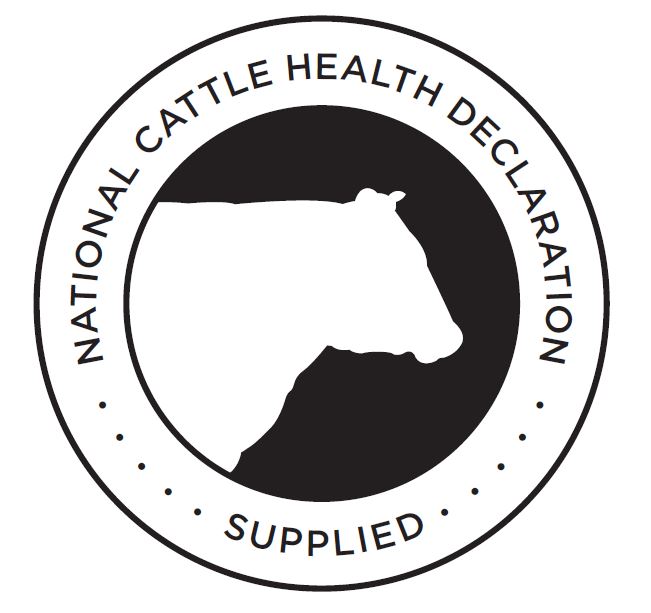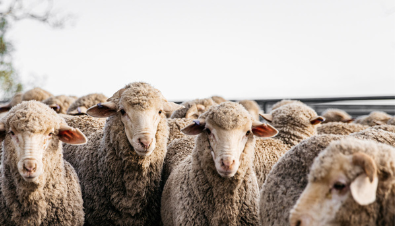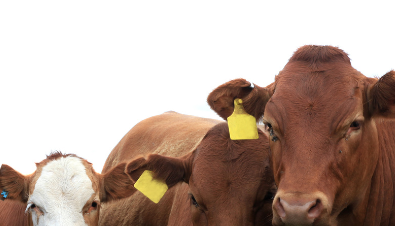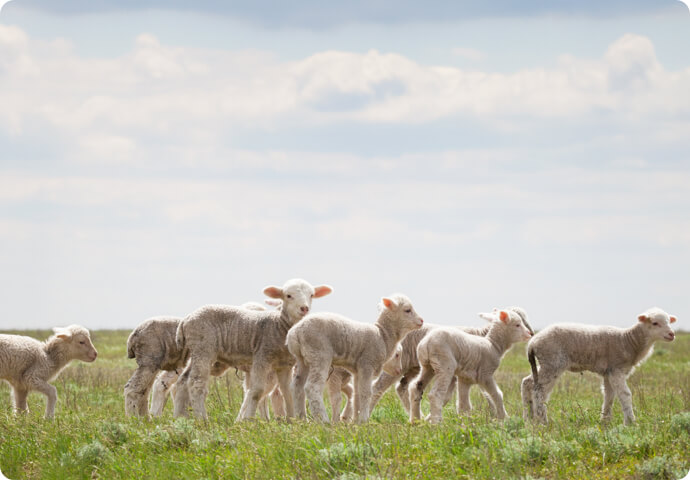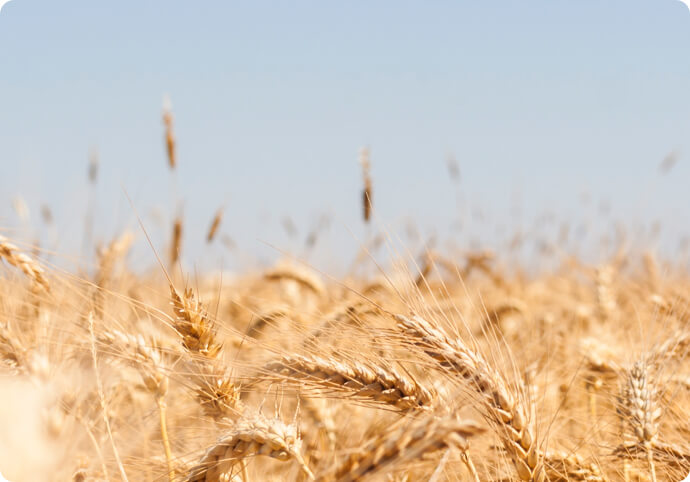The National Cattle Health Declaration (CHD) is a voluntary tool for beef producers to assist in managing herd health. The CHD communicates a range of information about the health history of an animal or herd, including any treatments, vaccinations or laboratory results linked to the animals. It can also be used to indicate the vendor’s biosecurity status, including their Johne’s Beef Assurance Score (J-BAS).
Download the National Cattle Health Declaration.
The CHD ‘supplied’ symbol is available for voluntary use in sale yards or by livestock agents. Displaying the symbol alongside cattle for sale indicates to purchasers that the vendor has supplied a completed CHD for those animals. This enables purchasers to make informed decisions on how to best manage the introduction of any new animals.
